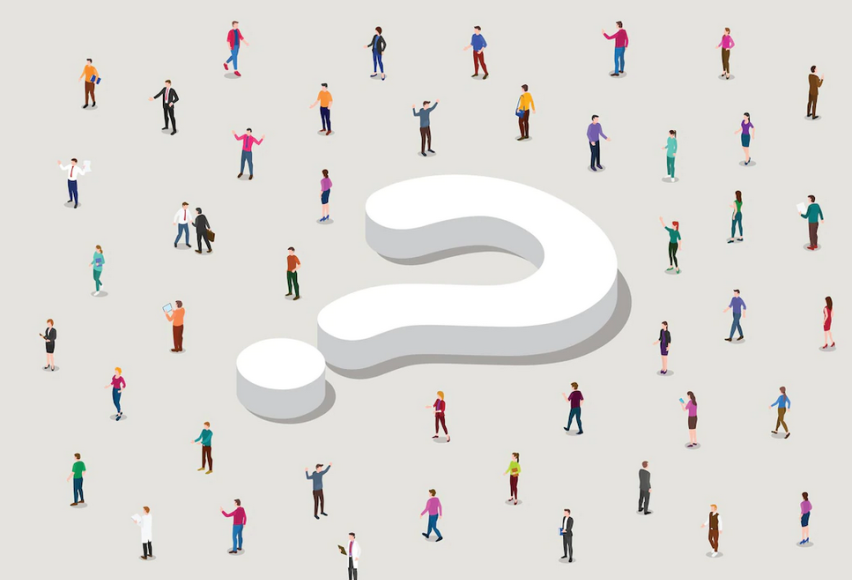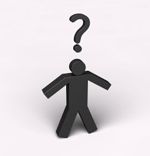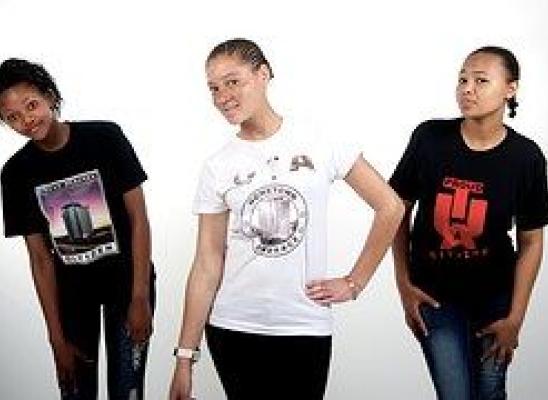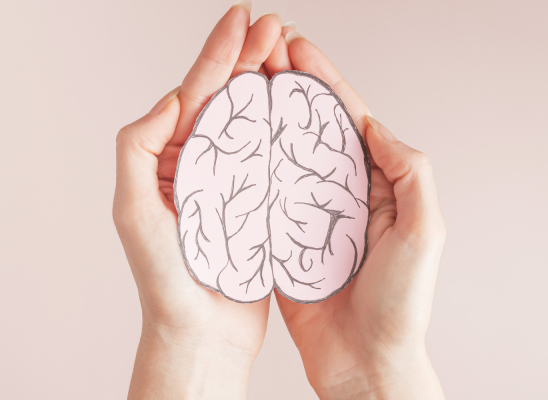Pulling Your Hair Out - is it Normal?

Online test
Find out the severity of your symptoms with this free online test
If you have developed a habit of pulling hair out, you may find that you cannot stop. You know that you want to stop, because you already realize what kind of negative effect that it may have on your own emotional well-being and your willingness to be social. You also know that for whatever reason, you cannot stop. What’s worse, you may feel that you can’t share your struggles with pulling your hair out, partially because people wouldn’t understand or that people would make fun of you if you told them “I need to pull my hairs out and I can’t stop.” Where can you turn?
Trichotillomania Basics
If you find yourself compulsively pulling your hair out, don’t feel bad. Chances are you have a medical disorder known as trichotillomania, or trich. In a nutshell, trichotillomania is the compulsive urge to pull out your own hair from various parts of your body, including:
- The scalp
- The eyebrows
- The eyelashes
- The extremities
- The pubic region
There are several ways for the onset of trichotillomania to occur. It could initially present itself in the wake of a traumatic event or an instance of high distress or anxiety. It can also be used as a coping mechanism to ward off anxiousness or depression. Additionally, it could show up as a means to satisfy an uncontrollable urge, leading to a sense of relief when pulling hair out is done.
Trichotillomania can fall into several different disorder classifications, including obsessive compulsive disorder (OCD), impulse control disorder (ICD), body dysmorphic disorder (BDD), or body focused repetitive behavior (BFRB). The important takeaway here is that the condition should be viewed as a disorder, and not something that is necessarily classified as a deliberate action that you can quit at any time.
Comfort in Numbers
It is also quite important for you to realize that you’re not alone in your condition. Studies show that there is estimated to be around 2.5 million people in the United States alone that suffer from trich at one point in their lifetime. This number may be looked at as a conservative estimate, as there are thought to be several cases of trichotillomania that go unreported because of guilt, embarrassment, or other negative emotions that are tied to the disorder. What’s more, most of the people that suffer from trich may not realize what they are doing even as they are in the process of pulling their hair – it is estimated that three-fourths of all trichotillomania victims pull their hair “automatically,” meaning that they unwittingly pull their hair while in a trance-like state.
Finding Support
Trichotillomania can be a difficult disorder to deal with because of the negative physical and emotional impact that it may carry. However, if you are suffering from this compulsive urge to pull hair, you can take comfort in knowing that there are several treatments that exist which can help assist you in learning how to cope and live with the disorder. Just as importantly, there are plenty of support groups that are solely devoted to helping people with trich build up the self-confidence and self-esteem that the disorder oftentimes rob.
If you go seek treatment for trichotillomania, always keep in mind that the condition is a disorder, and not just a nasty habit that you have developed over time. Thinking of it this way will potentially stifle some of the feelings of guilt, shame, and embarrassment that you may have developed as this disorder manifested, and may also give you the confidence that you need in order to seek out a treatment that is right for you.
Online test
Find out the severity of your symptoms with this free online test
Start your journey with TrichStop
Take control of your life and find freedom from hair pulling through professional therapy and evidence-based behavioral techniques.
Start Now



